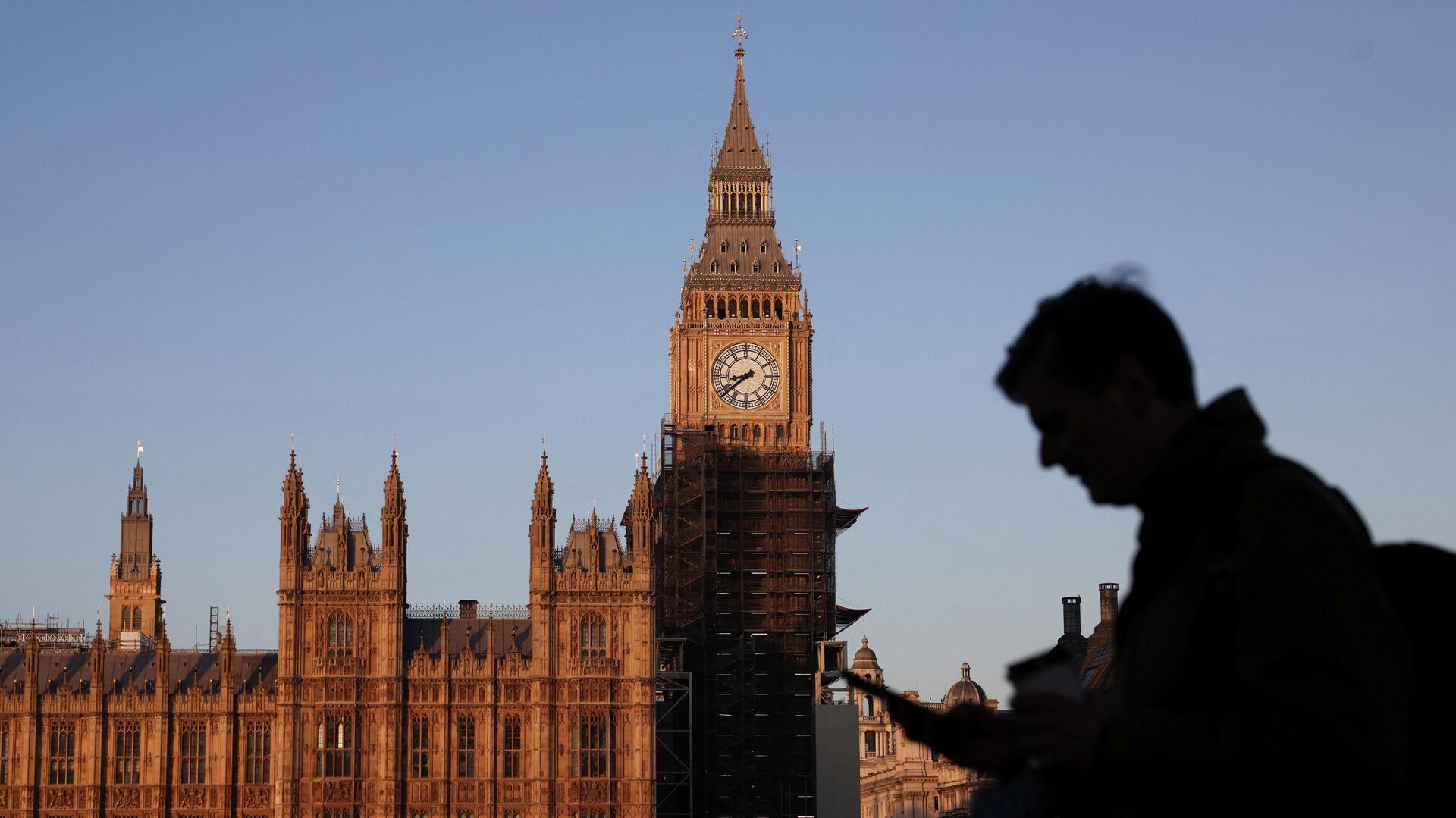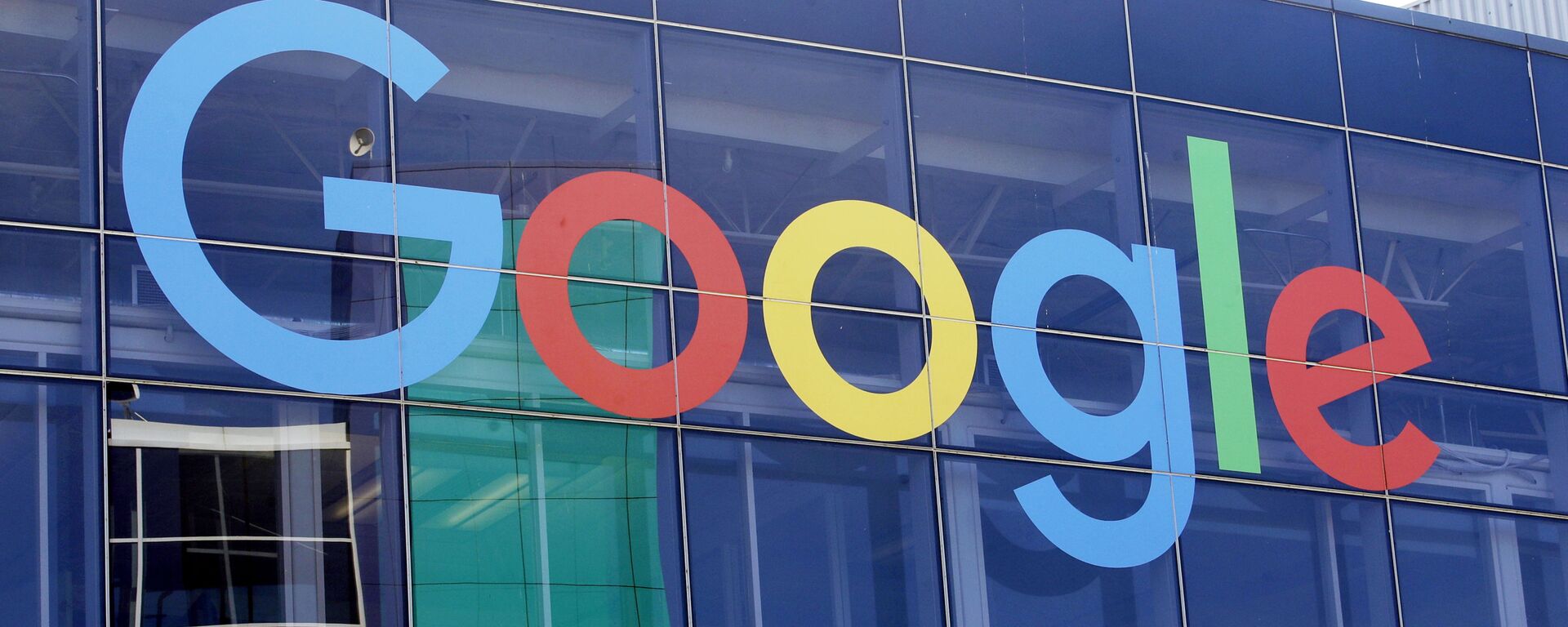Backdoor Influence Fears Cited as Private Firms Channel Over £13 Million Into MPs’ Interest Groups
08:03 GMT 18.02.2022 (Updated: 15:18 GMT 28.05.2023)

© HENRY NICHOLLS
Subscribe
The UK Commons Committee on Standards launched an investigation into the All-Party Parliamentary Groups (APPGs) in late 2020. The Committee chair, Chris Bryant, who chairs two APPGs himself, insisted on greater transparency into their funding, emphasising that many “seem to have become the parliamentary arm of lobbying and PR companies.”
The chair of the UK Commons standards committee, Chris Bryant, has suggested that it may be time to allow parliamentary authorities to ban commercial operators from funding and running All-Party Parliamentary Groups (APPGs) amid concerns over the potential for backdoor influence.
“When lobbying firms are effectively driving an APPG in the interests of their clients, we should not only know who those clients are, but we should be able to close the group down where there is a clear conflict of interest,” Bryant, the Labour MP for Rhondda, wrote in The Guardian.
All-Party Parliamentary Groups are informal groups of MPs and Members of the House of Lords who share a particular interest in a subject. These cross-party groups have no official status within the UK Parliament, but can play a key role in drawing the attention of the country’s primary legislative body to specific topics by hosting roundtables, producing reports and lobbying for change. The matters in question can range from certain countries to issues like Health, Agriculture, Yoga, or even the Jazz Appreciation Group.
However, according to Bryant, the number of APPGs has risen dramatically in the last few years, reaching 755 groups from the 560 registered five years ago. Furthermore, more than half the total £25 million in funding for APPGs since 2018 - over £13m - has come from private firms, ranging from healthcare bodies to arms and tech companies, revealed an analysis by the Guardian and openDemocracy political website.
Charities and trade unions provided other funding. The APPGs have declared £5m in cash funding and £18.3m-£20.2m of “benefits in kind” support (secretarial work, trips, hospitality.) According to Chris Bryant, some industries have ensured that every part of the supply chain and every trade body has received its own group. While APPGs must be chaired by MPs, they are often run or funded by lobbyists and corporate donors.
“We now have more APPGs than we do MPs. It sometimes feels as if every MP wants their own APPG, and every lobbying company sees them as an ideal way to make a quick buck out of a trade or industry body,” wrote Byant.
Chris Bryant, whose standards committee launched an inquiry into the APPG system in 2020 seeking to look into their “transparency and propriety”, underscored that a number of the groups are sponsored by companies with vested interests in the policy areas the groups seek to influence. While emphasising that “nobody should be touting access or influence on behalf of an APPG,” Chris Bryant lamented the fact that the Commons authorities have “neither the powers nor resources to investigate every APPG.”
While all APPGs must be registered and provide funding details via a simple “template for income and expenditure statement”, most do not offer any specific details. Furthermore, half of 190 APPGs failed to provide accounts on request – something they are obliged to do- when asked by openDemocracy.
“I don’t think anyone is concerned when an APPG is supported by a charity. But it may be time for us to ban commercial operators from acting as the secretariat for APPGs, unless they can prove a public interest and enough interest from a larger number of MPs and peers,” wrote the Chair of the Commons Standards Committee.
Even in situations where there is no conflict of interest, added The Guardian, concerns may be triggered by the mere perception of one.
For example, the obesity APPG, promoting medical interventions to tackle the issue, received £178,500 to £183,000 between 2019 and 2021 from three private healthcare companies that make or tout gastric bands or drugs used in obesity surgery and treatment: Johnson & Johnson, Medtronic and Novo Nordisk. The funds paid lobbyist, HealthComms Consulting, to run the APPG’s secretariat, with the group promoting calls for “a shift away from the ‘move more, eat less’ mentality prevalent in obesity thinking and better utilisation of treatment for obesity and access to services”.
Accordingly, the APPG “had direct input into the government’s obesity strategy published in July 2020 through meeting with No 10 officials and the development of a top 10 policy wishlist”. The Parliamentary Internet, Communications and Technology Forum (PICTFOR) - the largest and most active All-Party Parliamentary Group - is cited as having received more than £125,000 worth of benefits-in-kind support in 2021 from firms like Google, Facebook, TikTok, BT, Amazon and Huawei. The group, according to the outlet, runs a tiered membership, where rates for “benefits” such as access to events range from £500 for charities to £5,000 for large corporations.
Arms companies are also said to be actively involved in the system, with firms such as BAE Systems, Lockheed Martin and Raytheon supporting the armed forces APPG with £256,000 across a span of four years.
The Commons Committee on Standards launched an investigation into the APPGs in late 2020, with Bryant calling for greater transparency into the funding aspects and saying that many “now seem to have become the parliamentary arm of lobbying and PR companies”.

